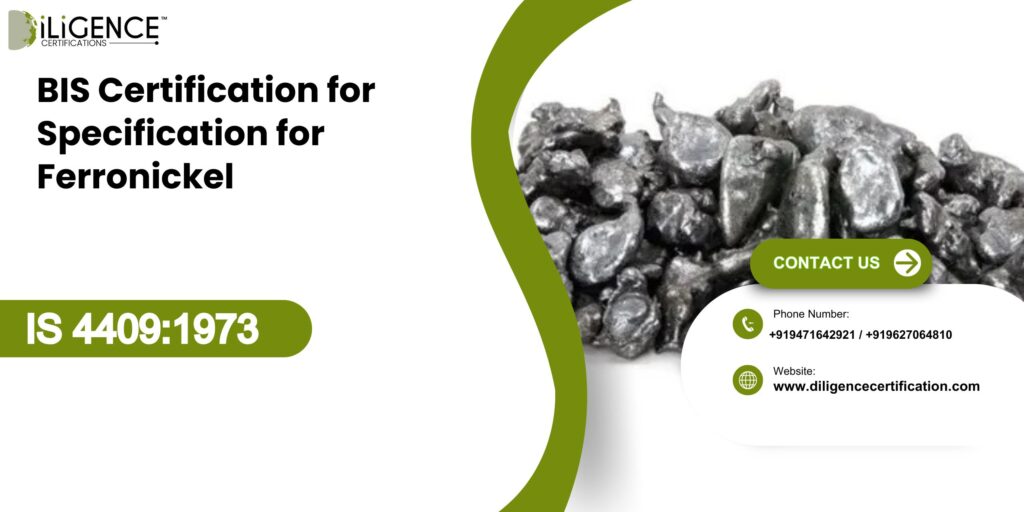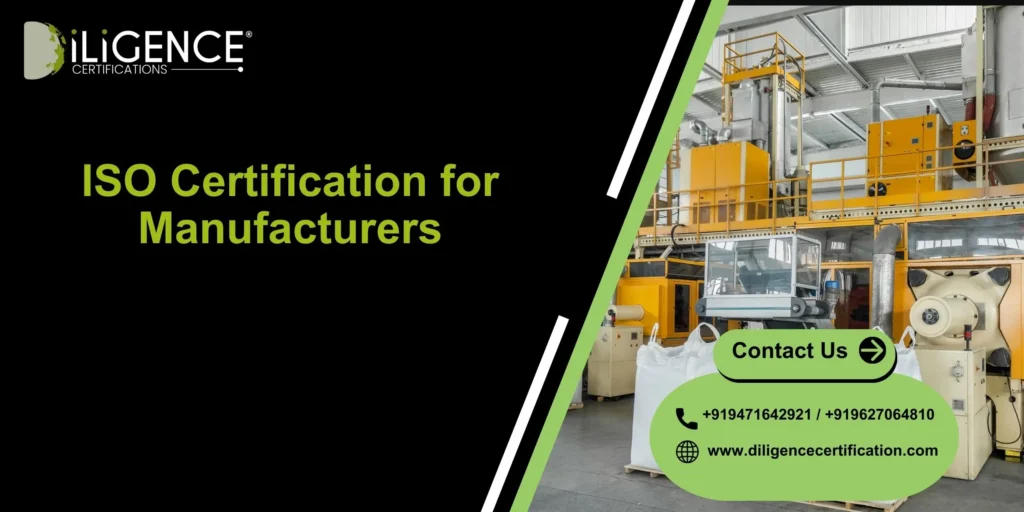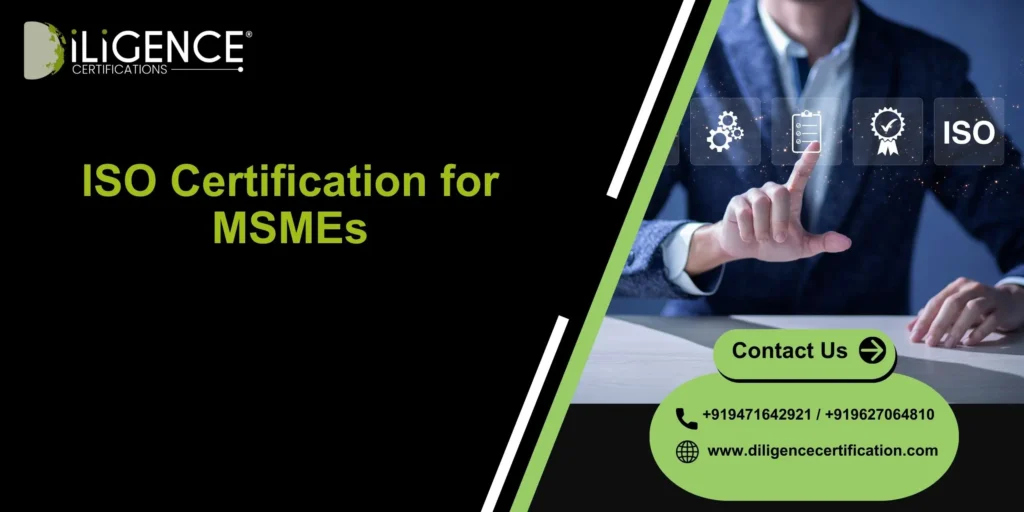- Specification for Ferronickel requires a BIS certification according to IS 4409:1973 in India.
- It is a system of quality assurance for the chemical composition and impurity control.
- The principal stages are the evaluation of the product, the inspection, and the granting of the licence.
- Time is wasted because of insufficient documentation and sampling.
- By conforming to the rules, sellers gain the confidence of the buyers and can access wider markets.
Introduction
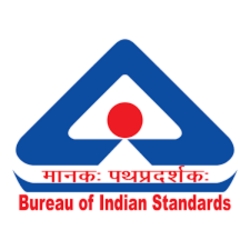
Jamshedpur’s ferronickel manufacturer had once shared with me that his biggest challenge was not the production but a supply contract that was at a standstill because the buyer was insisting on a BIS Certification for Specification for Ferronickel IS 4409:1973. Their product was perfectly fine, but without the BIS license, the steel plant was not willing to take even a single batch. Such instances have proliferated with the trend of more Indian buyers requiring a certified ferronickel in order to eliminate the nickel content and furnace behaviour fluctuations. Bureau of Indian Standards
What is IS 4409:1973?
IS 4409:1973 is the standard that specifies quality and the chemical makeup of ferronickel for metallurgical industrial processes. The standard makes nickel levels more uniform, limits impurities, and makes the material suitable for the making of steel and alloys.
Key Points:

- The standard primarily deals with the ranges of nickel content and the grades of ferronickel.
- Before anything else, the standard defines the nickel content ranges and the ferronickel grades. After that, it establishes the limits for impurities such as sulphur, phosphorus, carbon, and copper.
- Specifies sampling and testing procedures for each batch.
- Ensures consistent quality for steel and alloy manufacturers. ISI MARK
- Forms the basis for BIS certification for ferronickel in India.
Why is BIS Certification Mandatory
BIS certification is required as per the government specifications so that ferronickel entering the Indian market remains safe and of good quality. Ferronickel, a metal that has a direct influence on furnace stability, alloy performance, and the final product’s strength, if left uncontrolled can cause production defects, safety hazards, and expensive downtime for steel manufacturers.
Key Reasons It’s Mandatory:
- Firstly, it ensures that ferronickel complies with IS 4409:1973 in terms of the chemical and impurity limits.
- Moreover, it is a protective measure for steel and alloy plants against the risk of getting raw materials that are inconsistent or of low-quality.
- Besides that, the regulators can keep a record of the manufacturers who are in compliance with the standards and thus, they can prevent the supply of unsafe products to the market.
- Also, it facilitates importers and domestic producers to fulfill the requirements of the Quality Control Order.
- Finally, it assists the buyers to put trust in the sellers and decreases the occurrence of the technical disputes between them.
Importance and Benefits of BIS Certification
| Importance | Benefits |
| Ensures ferronickel meets IS 4409:1973 quality norms | Fewer rejections and stable metallurgical performance |
| Protects buyers from inconsistent raw material | Stronger trust with steel and alloy manufacturers |
| Supports regulatory compliance under QCO | Safe entry of goods at customs and faster clearances |
| Standardises testing and sampling procedures | Predictable production planning and better furnace yields |
| Identifies approved, traceable manufacturers | Higher market access and stronger competitiveness |
Step-by-Step Process of BIS Certification

Step1:Documentation
- Collect required technical documents
- Prepare product specifications
- Gather company registration details
- Ensure documents follow BIS format
Step2:Product Testing
- Send samples to a BIS-approved lab
- Conduct safety and quality tests
- Receive test reports
- Confirm compliance with BIS standards
Step3:Application Submission
- Fill out the BIS application form
- Upload all required documents
- Attach valid test reports
- Pay the necessary BIS fees
Step4:Scrutiny and Inspection
- BIS reviews submitted documents
- Authority verifies test results
- Factory/product inspection may occur
- Clarifications requested if needed
Step5:Grant of License
- BIS approves the application
- License number is issued
- Product can carry BIS mark
- Renewal required before expiry
Documents Required for BIS Certification
| Category | Documents Required |
| Business Documents | Business license/registration, ISO certificate, organizational details |
| Manufacturer Details | Factory layout, process flow chart, machinery list, production details |
| Product Documents | Product specifications, component list, user manual, model details |
| Testing Documents | Test report from BIS-recognized lab, sample details, test request form |
| Legal & Compliance | Authorization letter, brand ownership proof, trademark certificate (if any) |
| Import/Foreign Manufacturer (If applicable) | AIR (Authorized Indian Representative) details, contract agreement, overseas manufacturer documents |
Timelines, Costs, Validity & Renewal
- Timelines: Usually from 20 to 30 days, with only 7-15 days for the testing.
- Costs: The cost of the government and the test varies depending on the product. There can be some additional charges though.
- Validity: The validity period is 2 years in most situations.
- Renewal: The renewal is done before the expiration; there should be updated documents/tests; the renewal
Why Choose Diligence Certifications
- Expert team with strong BIS and regulatory knowledge
- Fast, streamlined processing to reduce approval delays
- Accurate documentation and testing coordination
- Transparent guidance with clear communication
- High success rate and complete end-to-end support
Conclusion
A well-implemented compliance system makes BIS Certification for Specification for Ferronickel IS 4409:1973 more than a statutory formality; it becomes a commercial advantage. Manufacturers who maintain stable chemistry, proper sampling, and clear documentation find the certification process straightforward and the market response far more positive. As steel plants and alloy producers tighten their procurement filters, certified ferronickel consistently earns preference. If your facility plans to expand supply or avoid regulatory delays, securing this certification is the most reliable step toward long-term, assured market access.
Frequently Ask Questions
What IS 4409:1973?
IS 4409:1973 is a source that defines the Indian Standard for metallurgical-grade ferronickel by determining the chemical composition, impurity limits, and test methods.
Is BIS certification necessary for a ferronickel?
Certainly, in the case where a ferronickel material is offered for sale in the Indian market, a BIS certification would be a must for that product to be considered as meeting the national quality standards.
Who needs to get a BIS certification under IS 4409:1973?
Firstly, the Mfrs. of f/n that produce steel and alloys; Secondly, the Importers of f/n for tech. advancement or raw material base upg.; Thirdly, the Distributors of f/n for commer. trading. In short, these three groups of f/n-related agents are the ones to acquire BIS certification.
What is BIS most of the time checking while the test is being conducted?
They check metal composition (e.g. nickel content), impurity content (S, P, C, Cu), homogeneity of the batch, and also if the product meets IS 4409:1973 or not.
How long is the BIS certification duration?
It is most of the time quite close to the duration of tests and thus between 20 and 30 days if all documents are also in order.
What sort of documents is necessary for BIS certification?
The pieces of documents are about business registration, factory details, process flow, product specifications, test reports, authorization letters, and brand-related documents.
Are foreign manufacturers able to apply for BIS certification?
Yes, but they must appoint an Indian Authorized Representative (AIR) who will facilitate the certification procedures on their behalf.
What factors can cause a delay in the BIS approval time?
Among current delays are reasons such as inaccurate sample taking, incomplete files, calibration problems, and mismatches in test reports that cause the delay as well.
How long is the BIS license valid for?
The license period is in most cases two years. The holder who is going to renew the license will submit an application before the expiration date.
Can f/n be traded without a BIS certification?
If the answer is no, then there will be a risk of penalties in the event of non-certified f/n selling, refusal of these goods, and also problems with customs authority.






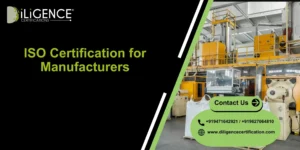
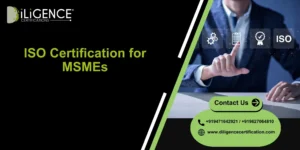
 BIS Certification
BIS Certification
 CDSCO
CDSCO
 CPCB
CPCB
 LMPC
LMPC
 WPC Approval
WPC Approval
 Global Approvals
Global Approvals
 TEC
TEC
 ARAI
ARAI
 BEE
BEE
 ISO Certification
ISO Certification
 DGCA Certification
DGCA Certification
 NOC For Steel
NOC For Steel



















 Business Registration
Business Registration















 Legal Services
Legal Services
 Trademark Registration
Trademark Registration
 Copyright Registration
Copyright Registration
 Patent Registration
Patent Registration
